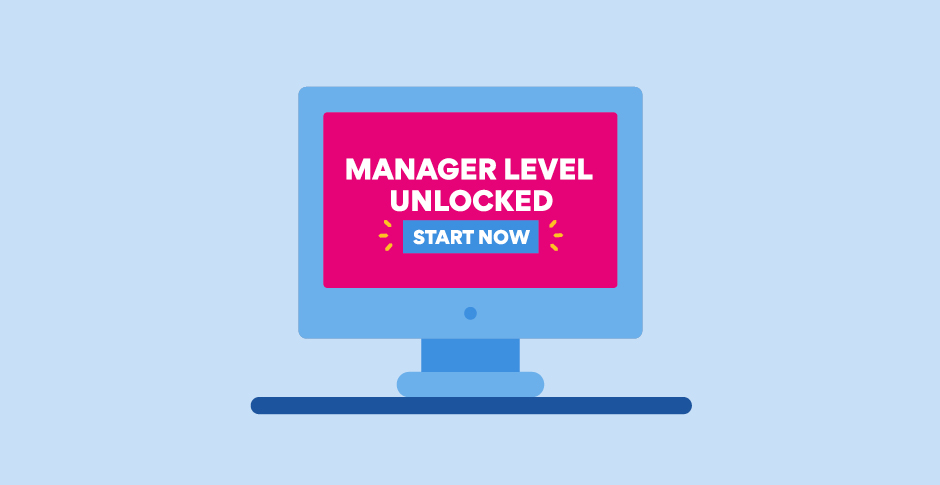For most people, professional development isn’t just a one-way street – it ebbs and flows. There may be times when things are going well and everything you do seems to lead to further opportunities. Then there are other times when it may feel as though you’re just treading water. You may still be enjoying your job, but feel increasingly unfulfilled by your day-to-day tasks.
How do you, if you find yourself in this situation, go about moving your career forward? What do you do if it feels like your career has gone stale? Nicole Grainger-Marsh, Executive and Career Coach at Nicole Grainger-Marsh Coaching and Consulting answers some of the most common career progression questions.
- How do I ask my boss for a promotion? When preparing for this conversation, my advice is to change your perspective; step out of your shoes and into the shoes of your boss. To be able to sell yourself into a promotion, you need to be clear on what’s in it for them; what’s important to them, what they need, value and respond to. This insight will help you to create a strong and relevant ‘sales pitch’. While this will differ for everyone, the fundamental focus of your conversation needs to be on how this promotion will benefit your boss and your organisation – not you! Make sure you go into the discussion armed with your contributions to the business to date, areas of strength, and the outcomes that you believe you can deliver if promoted.
- How can I determine which career direction to pursue? This is a big question and one that often takes time and a lot of work to answer. As a first step, I would recommend getting clarity on what you want from your career. Is it something that you need to find meaningful and fulfilling? Is it simply about earning money and providing the lifestyle that you aspire to? Or is it about achieving a long-term goal, such as becoming a Supreme Court judge? Once you’re clear on what it is that you want from your career, you can start mapping out the journey and defining the practical steps that will make it happen. Running these thoughts and conclusions past others can be a valuable sense check too.
- What can I do to prepare myself for my next career move? Start by identifying the requirements for your next move; what are the gaps between where you are today and where you need to be for this move? Perhaps you need to develop additional on-the-job skills; you might need to undertake further training, or there might be an area that you need to gain further experience in. Whatever it is, I always recommend finding a mentor who is already doing the job that you want. Schedule some time with your mentor to map out what you need for next move and how you plan to get there.
You can begin implementing some of these strategies right away – start by thinking carefully about what you want from your career, map out your plan and make it happen.
Start by identifying the requirements for your next move; what are the gaps between where you are today and where you need to be for this move?



